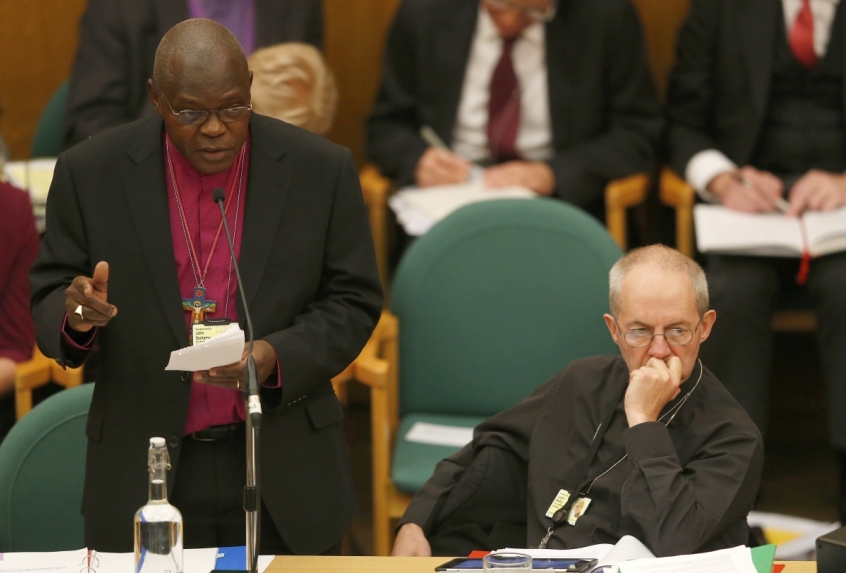The Church of England considered itself above the law and only accountable to God when it faced allegations of child sexual abuse, the Independent Inquiry into Child Sexual Abuse (IICSA) heard today.
Bishops may have conspired to enable the abuse the children and 'silenced' victims, the panel was told.
Richard Scorer, a specialist abuse lawyer for Slater & Gorden who represents a number of abuse victims, pointed to a 'clericalist mentality' and an 'arrogance which equates the Church with God'.

IICSA began three weeks of hearings into how the Church of England handled allegations of abuse. It gathered more than 200,000 pages of documentation and will hear from 64 witness statements focusing on abuse in the diocese of Chichester as a case study for the wider Church.
Scorer urged the inquiry 'to grasp the nettle' and make the Church enforce mandatory reporting of abuse allegations. He also said the Church's national safeguarding team must be made independent.
'The problems in the Church of England are too deeply rooted in its culture and structure for effective change to come from within,' he told the inquiry.
'The obvious and undeniable lesson from Chichester is that when it comes to abuse allegations, the Church of England simply cannot be allowed to carry on marking its own homework,' he said.
He said that religious organisations are particularly prone to covering up abuse and putting 'reputational protection before the interests of victims'.
He said: 'It must be clear now that if you want to abuse children, there is no more effective way of terrifying and silencing your victims than claiming to have God on your side. And if you combine that with an environment in which perpetrators are routinely forgiven and victims disparaged, then you have the perfect honeypot for attracting more abusers.
'These issues help to explain why it is that although many secular institutions have also suffered from abuse scandals, the churches seem to be particularly susceptible to such scandals and ill-equipped to confront them.'
David Greenwood, another lawyer who is representing a number of victims, told the inquiry: 'We will hear of bishops granting 'Permission to Officiate' certificates to convicted paedophiles and to those facing criminal allegations.
'There is a strong suspicion of an organised conspiracy between clergy and bishops in the Diocese of Chichester to enable children to be abused and it will be painful for all involved to hear.'
The Archbishop of Canterbury, Justin Welby, said in his witness statement: 'The failures that we have seen are deeply shaming and I personally find them a cause of horror and sadness. That children have been abused in the communities of the church is indeed shameful.'
Nigel Giffin QC, lawyer for the Archbishops' Council, a senior advisory body to Welby and John Sentamu, added the Church had failed in its protection of children.
'We are not at this hearing to shrug our shoulders and say "different times, different standards". The Church could and should have done better at the time.'
He added: 'It would be wrong to thing little or nothing has changed or improved' but questioned whether making the Church's safeguarding team independent was the right way forward.
Although calls for mandatory reporting are widespread among survivors of abuse, a government consultation found most respondents did not support mandatory reporting of abuse. As much as 70 per cent said mandatory reporting could have an adverse impact on the child protection system and 85 per cent said it would not in itself lead to appropriate action being taken to protect children. Only 25 per cent were in favour of a duty to act, and less than half that number (12 per cent) supported introducing mandatory reporting.
A government statement said it would 'consider the current legal framework to assess whether it is sufficiently robust in terms of criminal offences for concealing child abuse and neglect'.
Children and families minister Nadhim Zahawi, said: 'Decisions we make as a government should be with the ambition of improving outcomes for as many in society as possible, which is why we must listen to the views and experience of the sector as we progress further with our reform agenda.'













